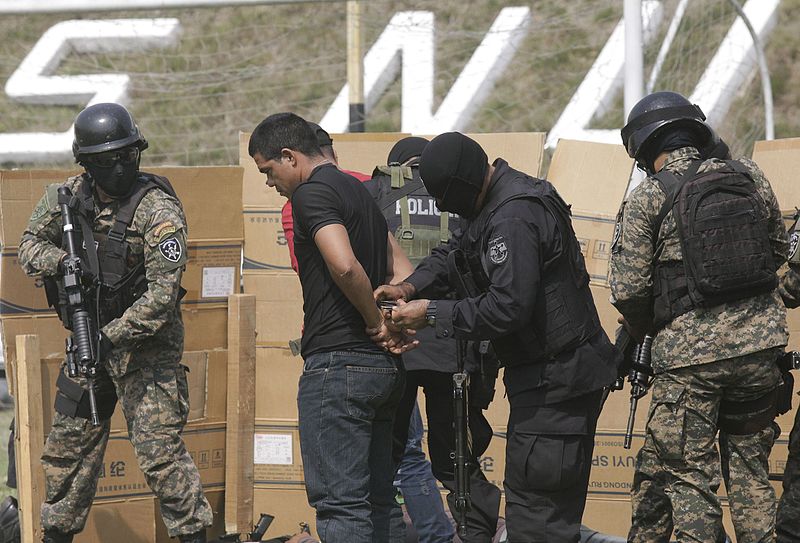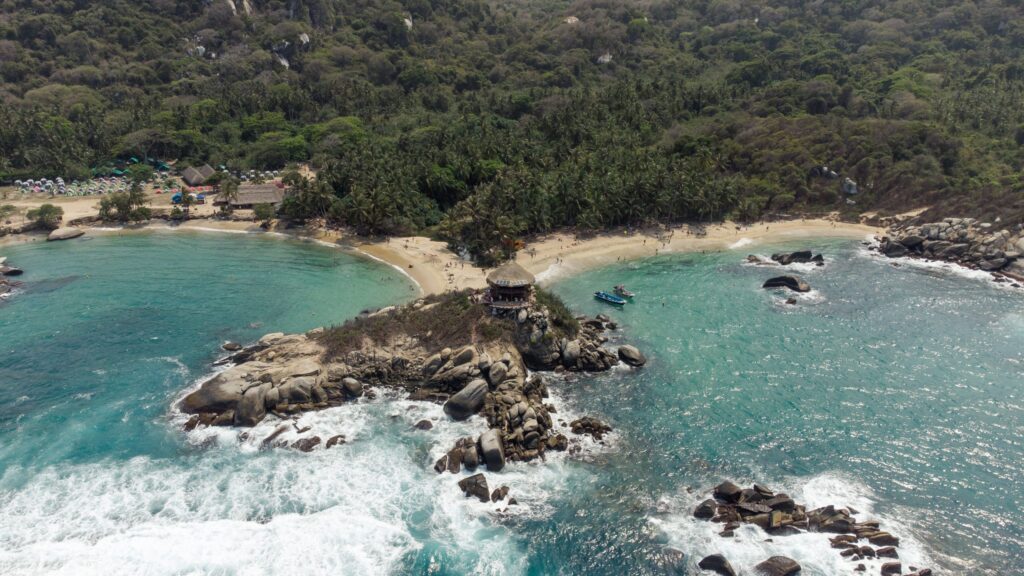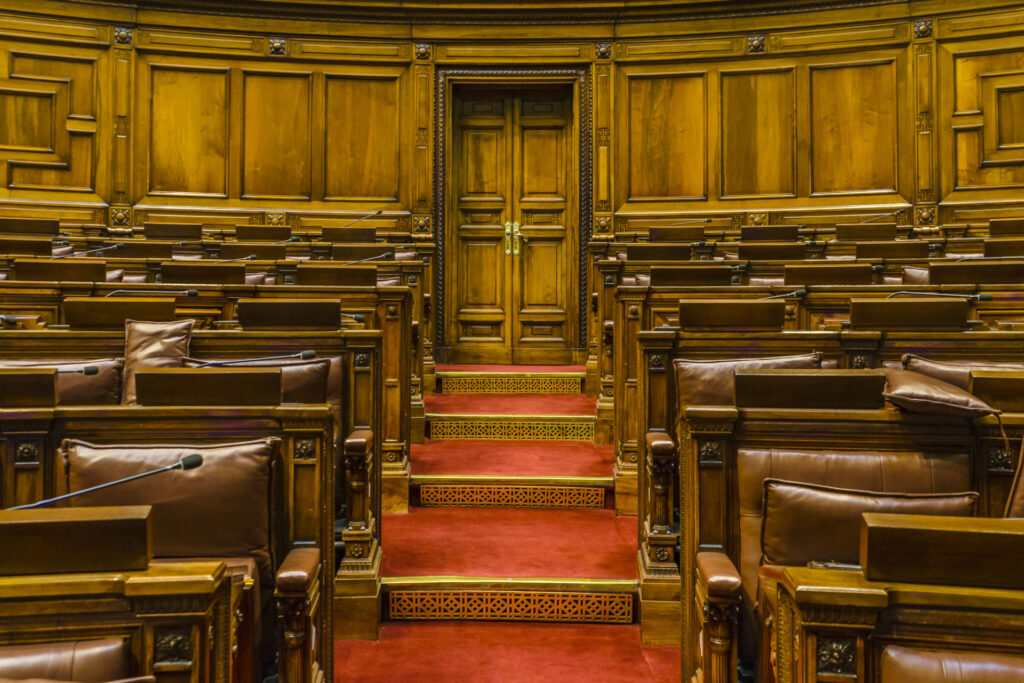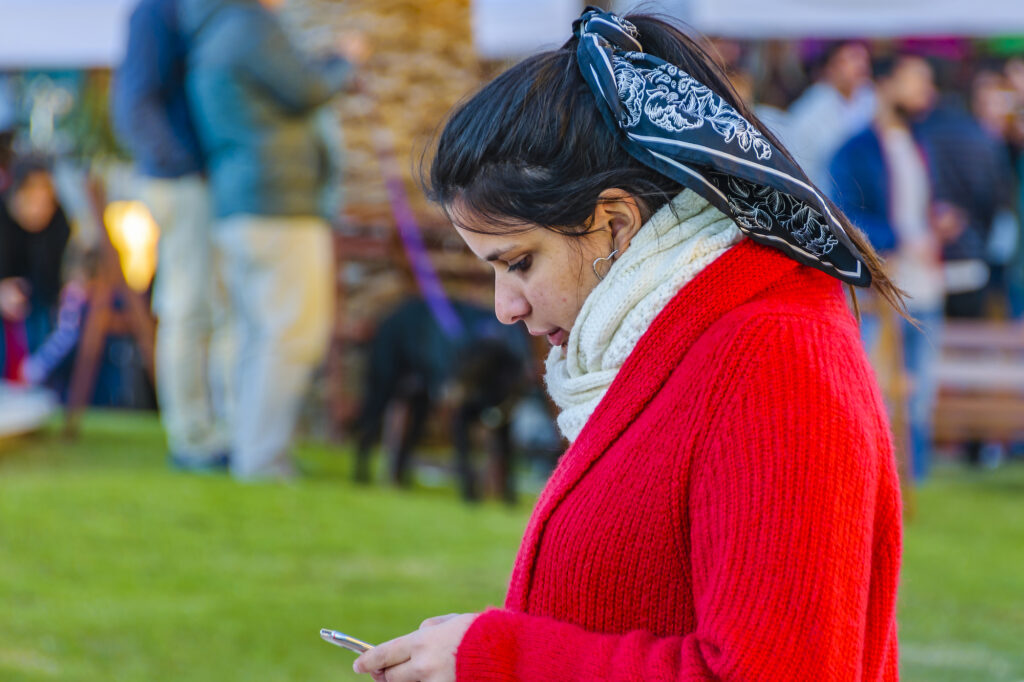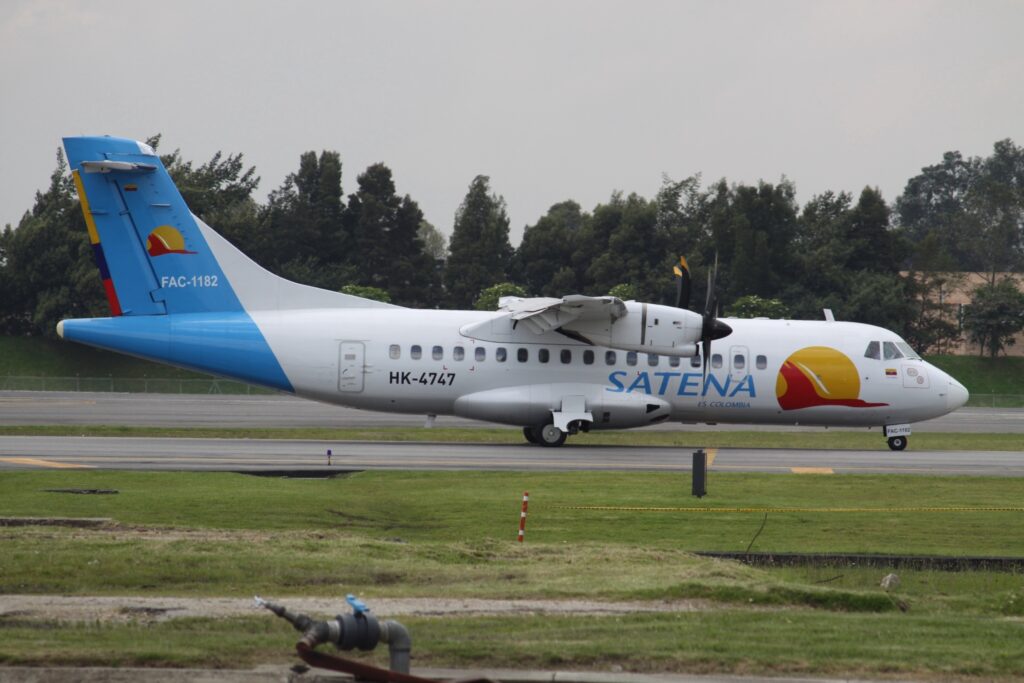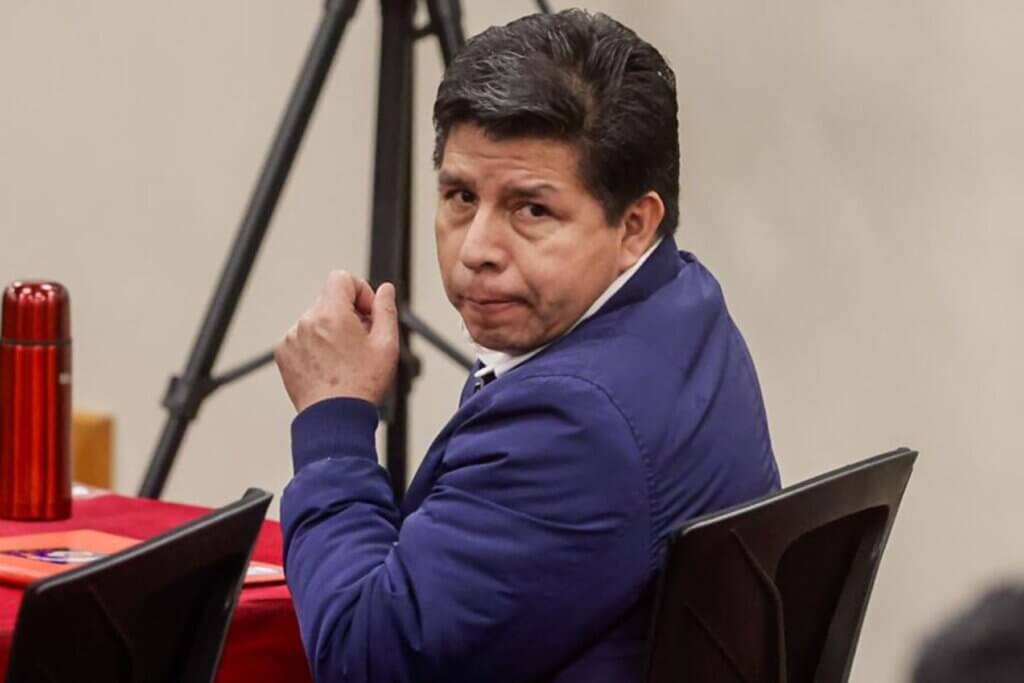On Tuesday, the El Salvadoran Prosecutor’s Office for the Defense of Human Rights (PDDH) released a report revealing that security forces killed at least 116 people between 2014 and 2018.
Raquel Caballero, head of the PDDH, explained that the El Salvadoran police used excessive force and abused their positions of authority, adding that the victims suffered “police mistreatment, arbitrary detentions, systematic assault and even death threats.”
According to the BBC, investigation for the report began in 2018 in response to an increased number of accusations of police violence. Over two thirds of the extrajudicial killings took place in rural areas, and 93 percent of the victims were shot, with an average of nine bullet wounds in each victim. Twenty-eight victims were teenagers under 17, and two were between 13 and 14 years of age.
Caballero stated that the most worrying element of the report was the level of impunity that the officers experienced. Of the 48 cases investigated, only 19 security officers were prosecuted, leading to just two convictions.
According to Brazilian think thank Igarape, El Salvador has the highest murder rate in the world, at 50.3 homicides per 100,000 people, with most of the violence stemming from the country’s two largest gangs, MS-13 and Barrio 18.
The police violence in the report took place under the presidency of Salvador Sánchez Cerén, who initiated “extraordinary” security measures in a bid to lower the country’s murder rate, which increased by 120 percent in the first two months of 2016. These measures, which included deploying more police and military on the streets and restricting communication from prisons, were criticized by human rights groups and the PDDH, and received over a thousand accusations of human rights violations.
Sáncez brought in the security measures temporarily, but the government voted repeatedly to extend them so that over time, they became permanent fixtures in the government’s fight against gang violence.


